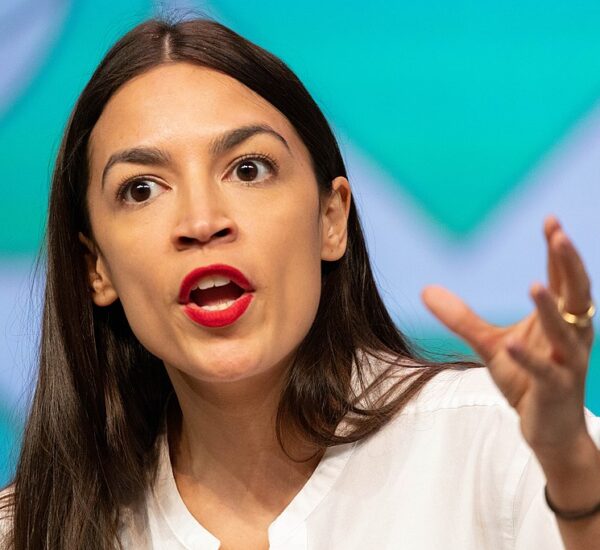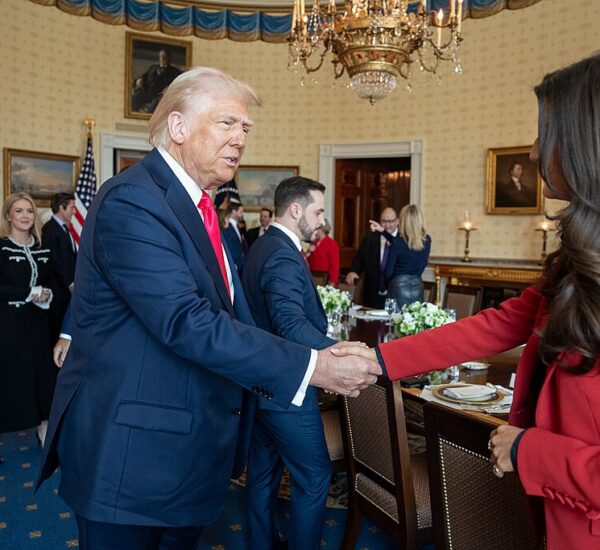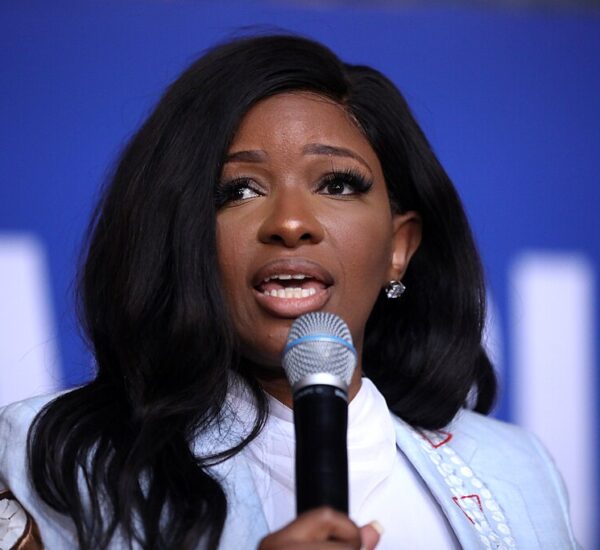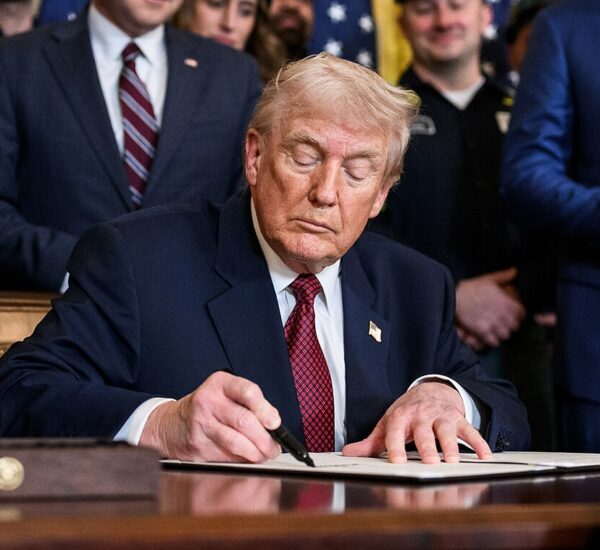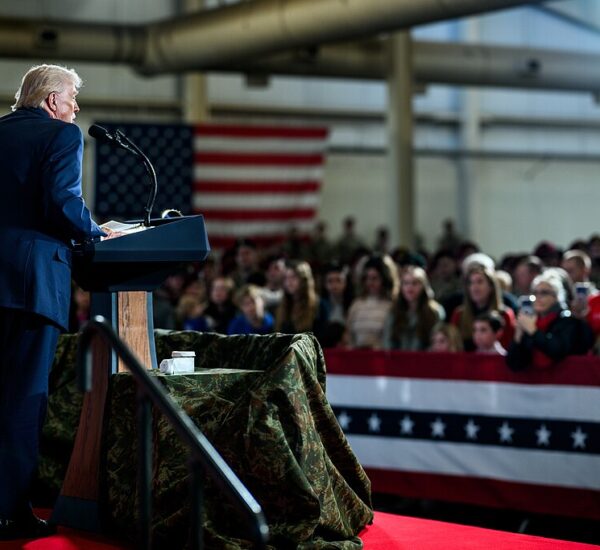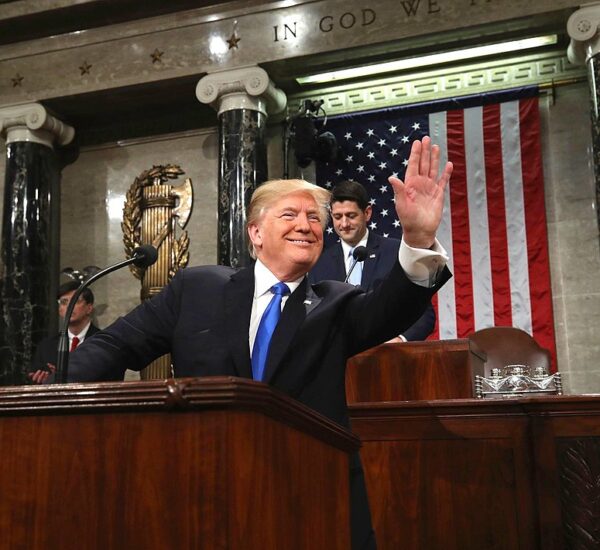Pope Calls Out Trump?
Pope Leo XIV on Tuesday offered cautious support for U.S. bishops who recently commented on President Trump’s immigration enforcement efforts — urging Americans to consider the bishops’ concerns while also affirming that every nation has the right to secure its borders.
During remarks to reporters after leaving the papal residence south of Rome, the Chicago-born Pope — the first American to lead the Catholic Church — was asked about the “special message” adopted by the U.S. Conference of Catholic Bishops last week.
The bishops voiced concern over what they described as harsh treatment and community fear surrounding immigration raids. Their message criticized the “vilification” of illegal immigrants and claimed some were denied pastoral care in detention centers.
Pope Leo XIV Stresses Human Dignity — But Also Recognizes America’s Right to Control Its Borders
Pope Leo XIV said he values the bishops’ role and appreciated their statement, but he also made it clear that no one is calling for open borders and that the United States has every right to determine who can enter the country and how.
“We have to look for ways to treat people humanely and with dignity,” he said. “If someone is in the country illegally, the United States has courts and a justice system to address that.”
He acknowledged there are long-standing problems in the immigration system, but emphasized that enforcement and national sovereignty go hand in hand.
Pope Cautions Against Mistreatment of Long-Term Residents
Leo XIV noted that many individuals living in the U.S. without legal status have been peaceful, contributing members of their communities for 10, 15, or even 20 years. He urged that immigration laws be enforced without unnecessary disrespect or violence.
“When people have lived good lives for many years, treating them harshly is not acceptable,” he said. “The bishops have been very clear. I would invite all people in the United States to listen to them.”
Bishops Issue Rare Single-Issue Statement
The bishops’ “special message” was the first such focused declaration released since 2013. It was accompanied by a highly produced Instagram video showing individual bishops reading the statement directly to viewers — an unusual move intended to draw national attention.

